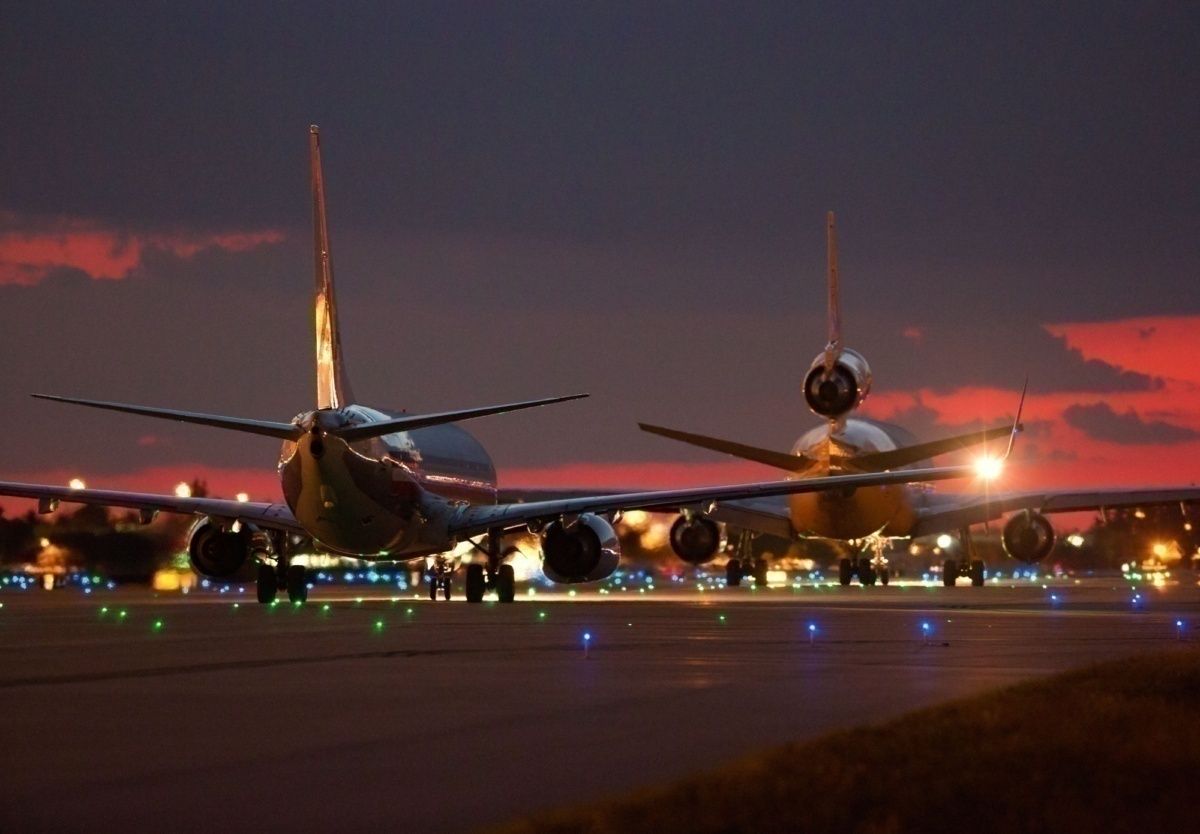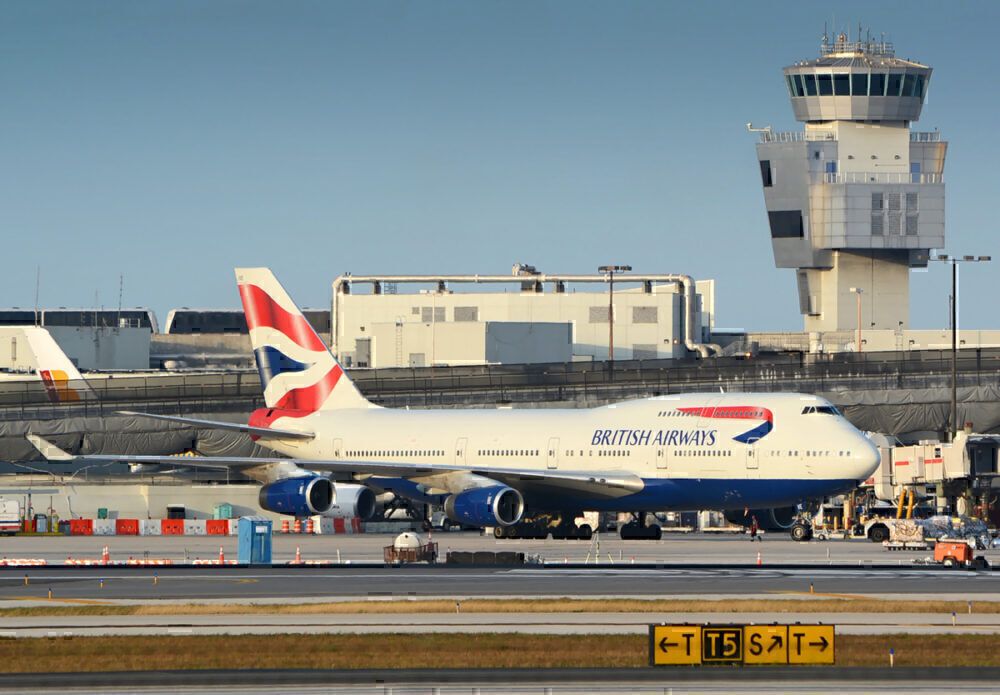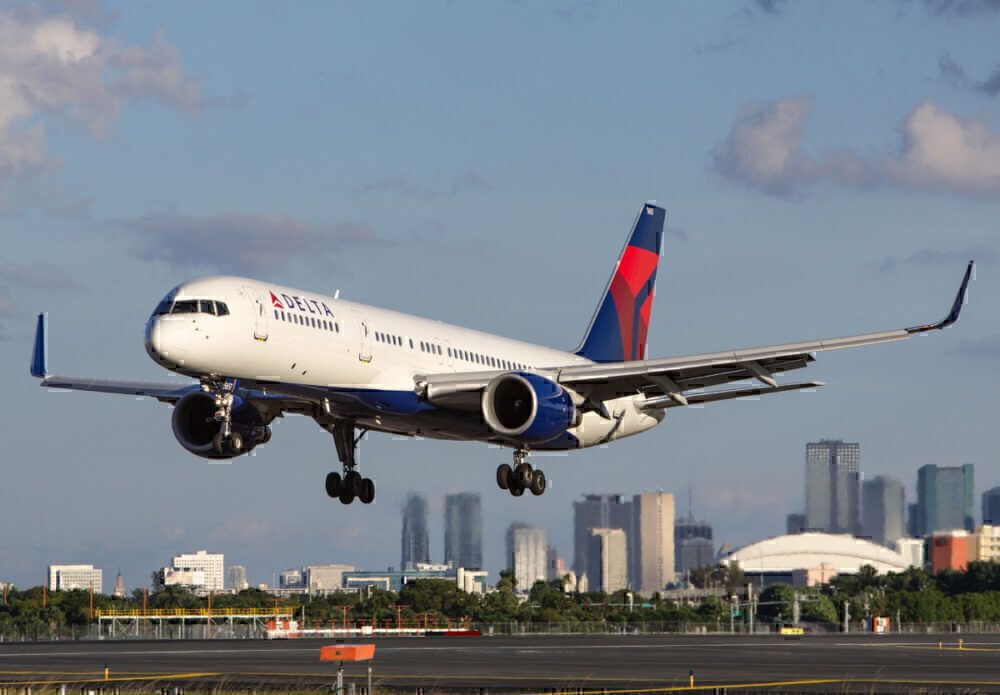Key airlines, airports, and lobby groups on both sides of the Atlantic have renewed their call for governments to step up and organize a framework for COVID-19 testing at key international airports. The CEOs of Airlines for America, Airlines UK, Heathrow Airport, and Virgin Atlantic have written to the US and British governments asking them to start trialing testing programs at airports.
Airline CEOs eye a travel corridor between London and New York
In their sights is the crucial London - New York route. The CEOs argue a COVID-19 testing trial at London and New York airports could kickstart traffic again on this all-important and lucrative route.
“One of the key steps to recovery is setting up an international pilot program between the U.S. and either Europe, Canada, somewhere in the Pacific,” Sharon Pinkerton, senior vice president at Airlines for America, was reported saying in Reuters.
Stay informed: Sign up for our daily aviation news digest.
Currently, the United States bans travelers out of the United Kingdom. On the other side of the Atlantic, travelers from the United States need to quarantine for two weeks when arriving in the United Kingdom. Under the trial, travelers would avoid any bans and quarantine periods.
Airlines call for governments to take charge
The border restrictions have contributed to a collapse in transatlantic travel. That's something the cash strapped airlines are keen to reverse. While the CEOs want to trial COVID-19 testing at London and New York airports, US and UK government officials may target airports elsewhere to establish a trial travel corridor.
The UK Government is reportedly looking at exemptions for US travelers from low-infection rate areas. Whether the touted trials involve COVID-19 testing before departure or on arrival is unknown. But the aviation industry is calling for governments to co-operate and implement uniform testing standards at key international airports.
COVID testing set to become part of international travel
Airlines see uniform testing standards as the ticket to normalizing international flying.
"COVID-19 is going to stay with us, and is going to stay with us for the rest of our lives, similar to the flu virus. We will now have to adapt, living with this virus for the rest of our lives," Qatar Airways CEO Akbar Al Baker said at the CAPA Centre for Asia Pacific Aviation Summit this week.
Mr Al Baker's airline isn't a significant player on transatlantic routes. But he's on the same page as his fellow CEOs when it comes to COVD testing at airports. His airline demands any passengers flying out of certain COVID-19 hotspots now produce a certificate declaring their negative status before they are allowed to fly.
The airline is also ramping up its own COVID-19 testing facility at its home airport in Doha.
"We have subscribed to several companies that are researching in test equipment that will give results in between 60 and 90 seconds.
"I hope that soon there will be an internationally recognized health certificate ... I remember when I was a kid, we used to carry a smallpox and TB health certificate that was under the auspices of the UN WHO."
Will health certificates save the day?
Mr Al Baker recalled stopping by the health counter at arrival airports before they hit the immigration counter. He thinks these old school methods need to get re-introduced before a reliable vaccine comes onto the market, if at all.
What Mr Al Baker says makes good sense. It also lays out a map forward to kickstarting international travel again. But like many airlines and airports, Qatar Airways is operating in isolation, developing its COVID-19 testing regime on its own.
What Qatar Airways wants, and what the CEOs who signed the letter to the US and UK Governments want, is for governments to step in and set up a credible airport testing program that's internationally recognized.
When that happens, the proposed transatlantic travel bubble might get underway.



